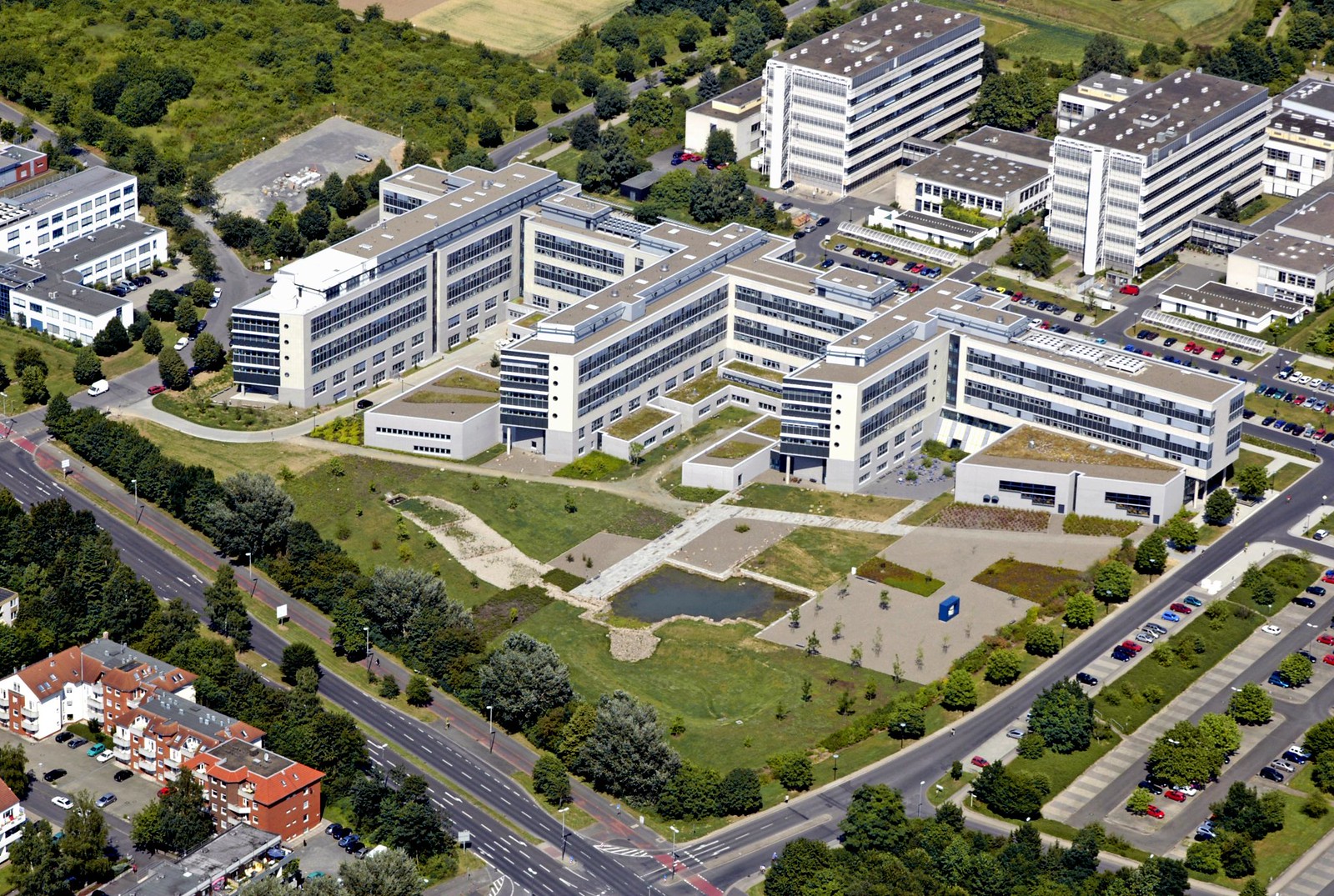Wir bitten um Entschuldigung
DFG Research Unit FOR 5522

Research highlight:
Emergence of constrained dynamics from a Fock-space perspective: Novel
insights
Recently, three teams from our research unit arrived at novel insights on
the emergence of constrained dynamics from a Fock-space perspective. In
two efforts, a mechanism for the formation of dynamically isolated groups
of Fock-space nodes was discovered by utilizing known concepts from the
theory of localized single-particle excitations in frustrated lattices.
This has led to the notion of Fock-space cages [1,2]. For the formation of
Fock-space cages, the relevant aspect is the connectivity of nodes in
Fock-space. In a third direction [3], the competition of off-diagonal
terms and digonal terms in the chosen Fock space basis was also accounted
for. To that end, centrality measures from graph theory were generalized
to Hamiltonians. For the paradigmatic quantum East model, a clear
connection between non-ergodic dynamics and these generalized graph
measures could be established.
[1] Jonay, Pollmann,
arXiv: 2504.20987
[2] Ben Ami, Heyl, Moessner,
arXiv:2504.13086
[3] Menzler, Bañuls, Heidrich-Meisner,
arXiv:2504.03458






